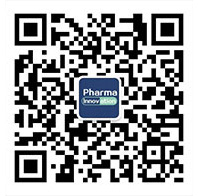The US Food and Drug Administration (FDA) has approved a supplemental New Drug Application (sNDA) for use of micafungin sodium (Mycamine, Astellas Pharma Inc) for injection in children younger than 4 months of age.
The indication spans candidemia, candidiasis, Candida peritonitis, and abscesses without meningoencephalitis and/or ocular dissemination.
Micafungin is the first antifungal drug approved in the United States specifically for the treatment of invasive candidiasis in children younger than 4 months old.
The safety of micafungin was assessed in 168 children younger than 4 months of age who received varying doses in nine clinical trials. The approved dose of micafungin in neonates and young infants less than 4 months is 4 mg/kg once daily.
"Although rare, invasive candidiasis in newborns constitutes a unique pathogenesis unlike that demonstrated in older children and adults as marked by a higher incidence of organ involvement, especially in the central nervous system," Laura Kovanda, PhD, Astellas senior director, global development project leader, infectious diseases and oncology, said in a news release.
"We're pleased with this decision and the potential benefits Mycamine may offer to young infants and their families impacted by invasive candidiasis," said Kovanda.
Micafungin sodium was first approved in the US in 2005 for Candida prophylaxis and treatment in adults undergoing hematopoietic stem cell transplants (HSCT) and for the treatment of esophageal candidiasis, as previously reported by Medscape Medical News. In 2008, indications for the drug were expanded to include candidemia, acute disseminated candidiasis, Candida peritonitis, and abscesses in adults.
The FDA approved micafungin for use in children aged 4 months and older in 2013.

